The unexamined life is not worth living – Plato
There are obstacles to dignity at the end of life. Disease inflicted pain and debilitation, cost and confusion, poor planning and fear, all aggravated by our societal ignorance regarding dying, result in unneeded suffering and isolation. In addition, it occurs to me that a hindrance to control and quality is that we are overwhelmed by the pressure of our day-to-day lives. In other words, we are simply too busy to die.
We barely have enough time to take care of our families and get through our normal day-to-day existence. We spend our lives sprinting from fast food restaurants, down high velocity freeways, to hectic jobs, through rushed relationships and finally grab too little sedated sleep, before we pick up the race again. Gaps, during which we might reflect, are filled with electro-grout via high speed Internet in dozens of shades, be it email, tweet, face or video. We live without self-reflection, life contemplation or honest communication. On this level five whitewater raft journey, the complex issues, presented at life’s end, are often left behind.
Even social events, such as major holidays, which should give time to interact about critical and sensitive issues, become a blur of structured activity and overwhelming stimulation so that we do not take the time to talk and reflect. Never, until we are in the throws of crisis, do we try to discuss emotional issues or our desires for the future. Therefore, when a complex medical problem occurs and we have not taken the time to prepare, we must make decisions while exhausted and frightened.
Stimulated by fear and duplicating the rest of life we find ourselves rushing through the disease process and unable to contemplate critical decisions with care. Used to living at a hectic pace we dash from doctor to doctor, test to test and finally treatment to treatment. We may ignore the possibility that there are other alternatives, and perhaps there is the choice not to treat. Because of our cultural need to move quickly, we may not take the necessary moment to pause and fully consider.
For me there are two lessons to be learned. The first is take the time, especially when you are healthy and life is “in control,” to discuss and prepare. How would you or your family manage? Who would take care of whom? What do they want? How far would they push? What about money? Even one or two quiet family together hours at the kitchen table, so that everyone can speak and listen, can save major strife during a future time of health care chaos.
The second lesson is that when the terrible does happen, as it will to every family, pace yourself. In the absence of a true medical emergency such as trauma, heart attack or acute leukemia, there is usually time to learn, consider and plan. Work together as a family, get good information from doctors, seek second opinions and move forward carefully. Take the time to be in control, try not to let the events rush you forward.
Such planning is easy to say, hard too do, but methodical communication and reflection can prevent much suffering and confusion. Which leaves the primary question for us all; if we are too busy to die, are we too busy to live?
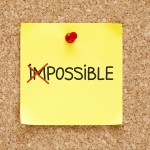

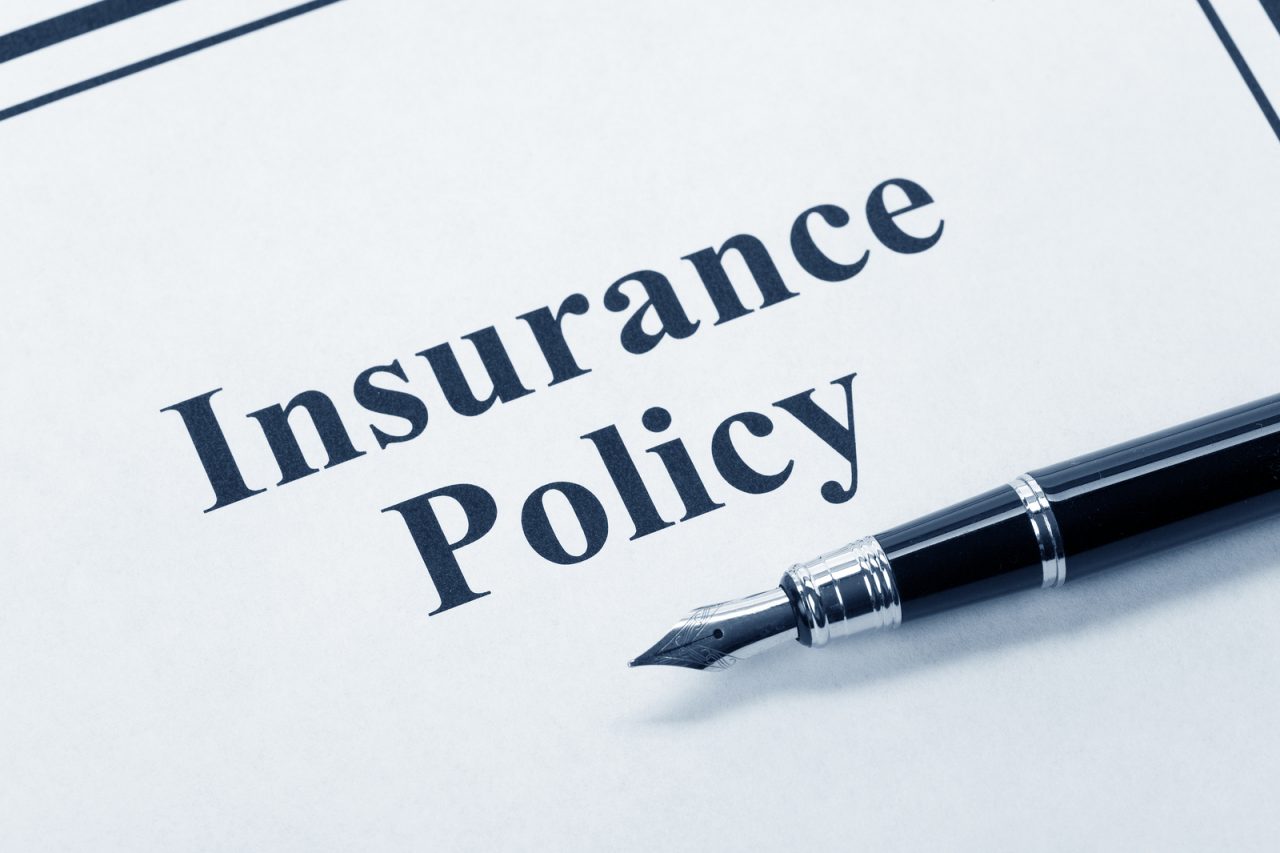
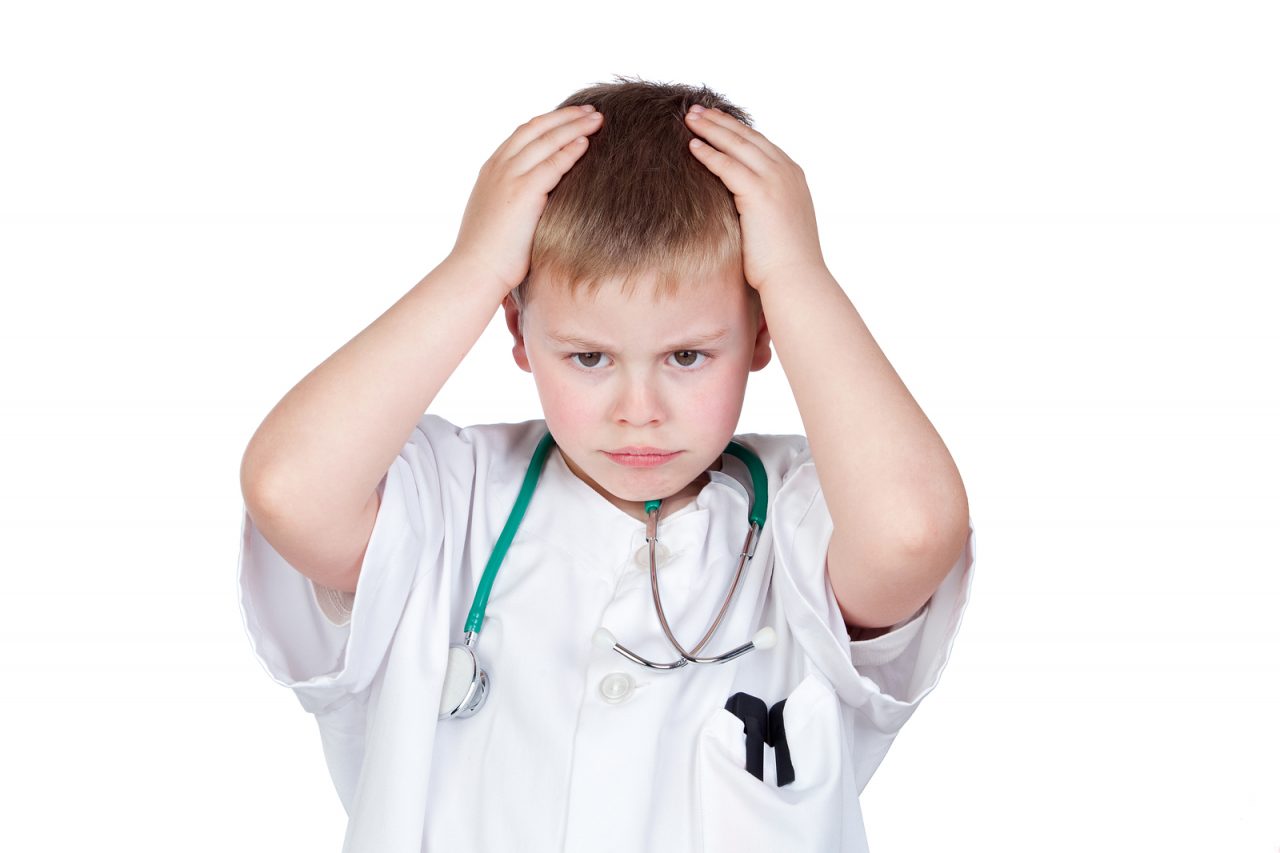
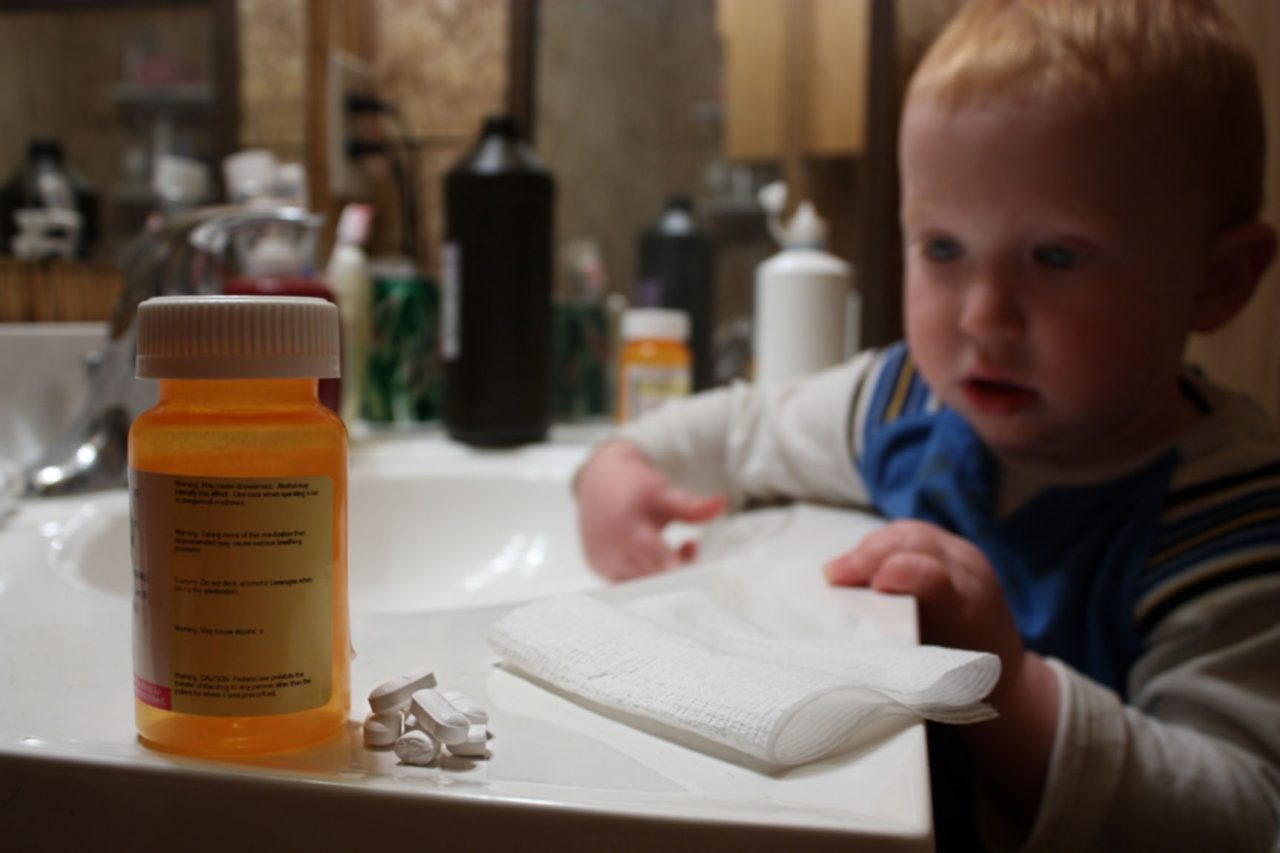
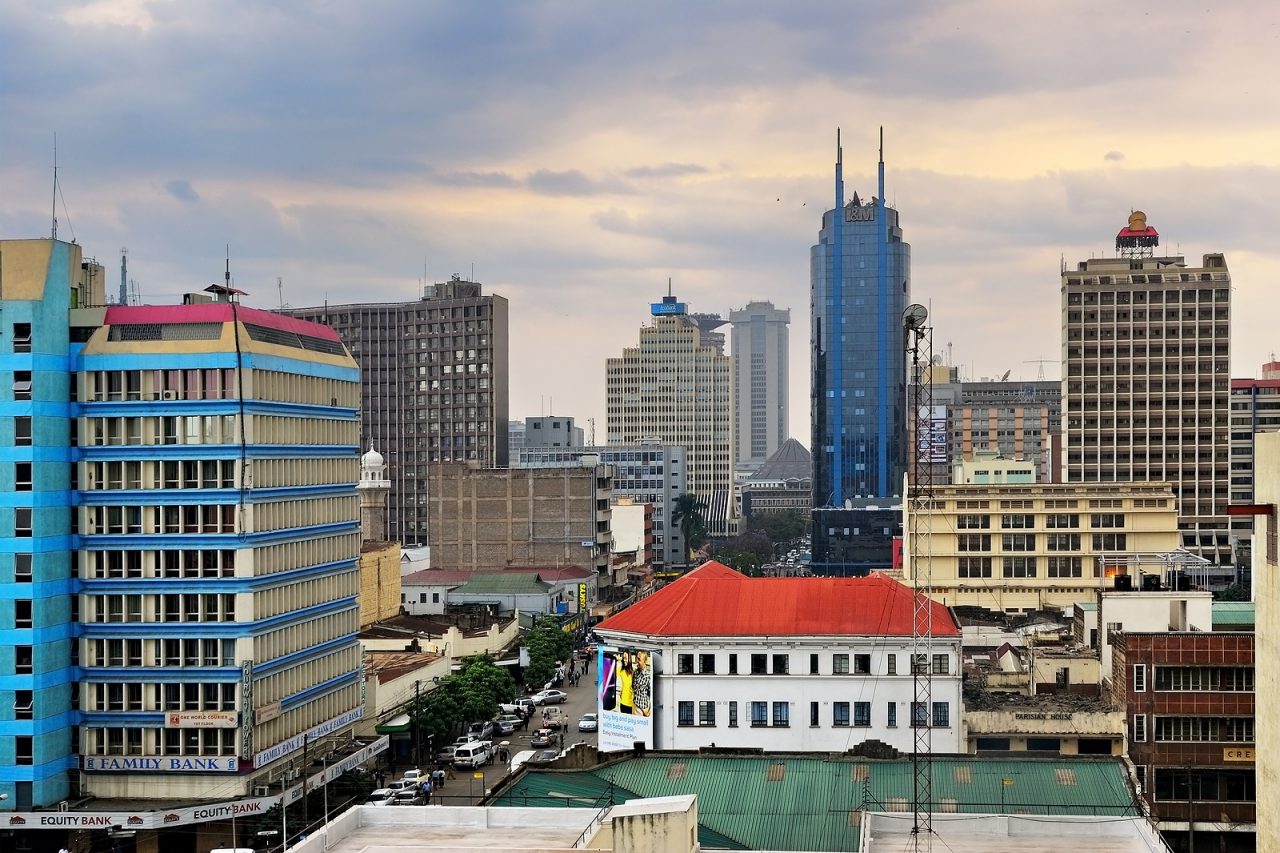
10 Comments